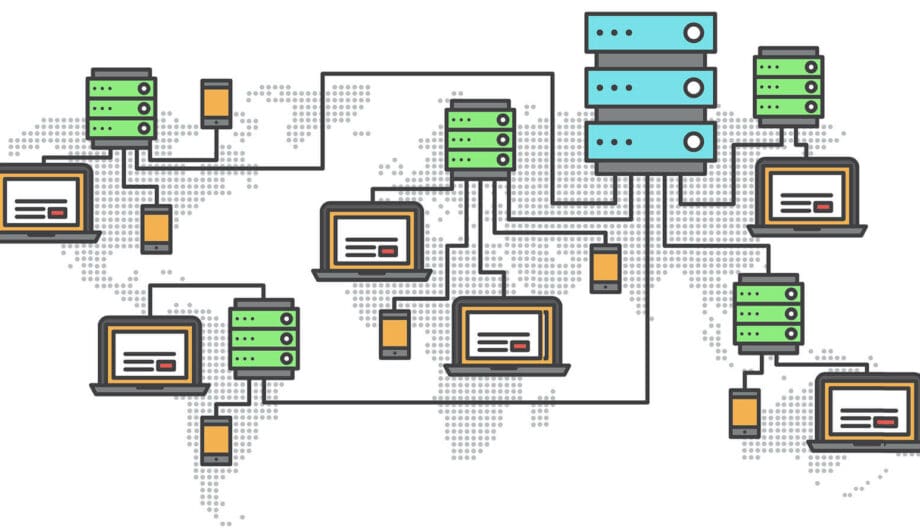
As is usual, my answer is maybe.
What is a CDN?
CDN stands for Content Delivery Network and refers to a distributed group of servers that work together to provide content for users on the Internet. What happens is that a variety of servers store your static content (like images, JS/CSS files etc) so that when a user loads your website, it can pull those resources from a server closer to their location. The farther a user is from the server hosting the website, the longer it takes that content to load. If my web host is in Houston, Texas and I’m in London, England, then it’ll take longer to load that content than if I’m in Dallas. A CDN allows your content to be loaded from different servers, so it can be loaded from a server that is closer to the user, thus allowing that content to load faster for users that may be farther away.

So do you need one?
Maybe. If you are a locally based business, and you really only offer services to your local customers, and aren’t looking for customers and clients farther away, and your web host is fairly close, then you may not need one.
If your content is mostly text without a lot of images, bells and whistles, and scripts, then you may not need one.
If you are serving up content to a global audience, then a CDN is a good idea. If your site has a lot of images, content, or other file types for a global audience, then a CDN is a good idea.
What about if your users are all based in one country?
Good question. Do you need a CDN? It’s not a bad idea. For example, we work with clients all over the country and our site has a lot of resources attached to it – images, a video, stylesheets, etc. By using a CDN, our website will load faster for users who are farther away.
The Benefits of a CDN
- Performance: The main benefit of a CDN is that it makes your site faster, because it can load your resources from a location closer to your user. And speed matters when it comes to user experience – even a 2 second delay can reduce your customer base. Not only that, Google uses page speed as a ranking factor, and if your site loads faster, your rank will be better.
- Better uptime and lower server load: Since each new user can pull resources from a different cache, and not every person is in the same location, the load is more distributed since there are less requests on the host server. It’s much less likely that a traffic surge will cause issues with your site’s performance.
What about the downside? Is there one?
Cost. CDNs are not free. A lot of web hosts include a CDN for an additional fee, and you’ll typically see it around the $10 per month range.
Set up. If you aren’t technically savvy, you may find it confusing and difficult to configure your CDN to work with your website.
In conclusion, having a CDN can help your site’s performance, but may not be necessary in every scenario. Need help figuring out if you need one? Contact us today and we can help you sort out those questions.
Amy Masson
Amy is the co-owner, developer, and website strategist for Sumy Designs. She's been making websites with WordPress since 2006 and is passionate about making sure websites are as functional as they are beautiful.
